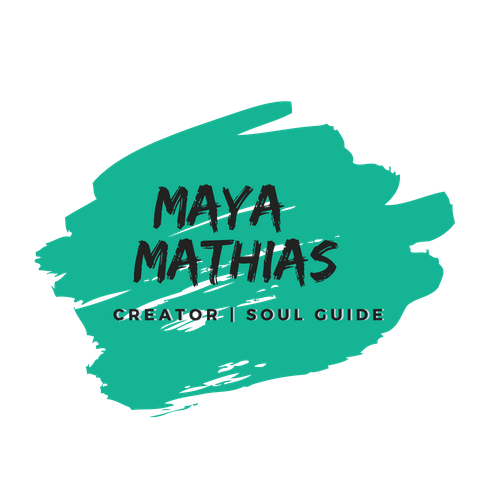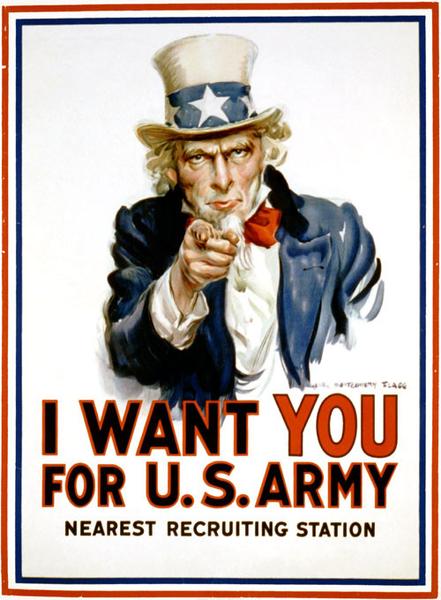
Sep 13 2018
“What would you risk dying for—and for whom—is perhaps the most profound question a person can ask themselves. The vast majority of people in modern society are able to pass their whole lives without ever having to answer that question, which is both an enormous blessing and a significant loss.”
Sebastian Junger
from his book 'Tribe: On Homecoming and Belonging'As The World Turns
Politics – tool or weapon?
On this day in 1989, a US Congressional joint resolution designated it “Uncle Sam Day” to commemorate the common national personification of the US government, one that has been in use since the early 19th Century.
While it’s unfair to look back on any country’s history, much less the United States’, as a uniformly kinder and gentler time, symbols like Uncle Sam were used to good effect. Governments did and could ask their citizens to do more for their country. And people were galvanized into collective action, whether that action be fighting a global war or putting a man on the moon.
That large groundswell of action seems to have faded. Movements or protests, however peaceful, seem as fragmented as our media consumption habits. And instead of using the political process to work through our common pain, we seem more likely to use it to inflict more pain on those who believe or stand for something different.
I think about this a lot. Maybe too much. But here’s the thing. Unless the world wakes up one day and decides that nation states are no longer a viable unit of society or governance, we are still bound by a sense of national values, and political processes are a peaceful means to civilized co-existence within and between nations.
And despite the relative peace so many countries enjoy in this modern age, it’s worth pondering Sebastian Junger’s question: what if your country needed you? What would you risk dying for in service of your country’s creed? Looking for that answer will enliven your soul.
Om Is Where The Heart Is
Crazy rich box office
It’s been more than a week since I watched Crazy Rich Asians, and I still don’t know exactly what to make of it.
If this movie had been released ten years ago, with the ten-year-younger version of me watching it, I may have been content to lap it up as a delightful romantic comedy, laud it for its trailblazing representation of Asians on the Hollywood screen, and linger on how bright and shiny its actors are. Case closed. Move on to the next 2-hour flick, please.
But this isn’t ten years ago. And the desire for our voices to feel equally heard, and for our identities to be equally represented, grows stronger each day, all around the world.
Don’t get me wrong. Crazy Rich Asians is a beautifully-made movie. Its visual effects are stunning. It sweeps you up in the romance and glamor of lifestyles of the rich. It checks all the Hollywood storytelling boxes of scene-setting, conflict, characters to love and/or hate, and happy endings. For 2 hours in that movie theater, I could escape the world outside, with all its turmoil and contradictions.
Perhaps that’s it. Perhaps I wanted the movie to teach me something different, like so many of my life experiences (and media-watching habits) do.
Perhaps I hoped it would show moviegoers a more 3-dimensional view of what it’s like to live in Singapore, unlike so many travelogues about the country do.
And perhaps I wanted it to enrich me a little more on the inside, as it continues to enrich the box offices that screen it, and the creators who produced it.
News and Views
Diplomacy personified
It’s a thrilling day for me when I get to listen to and meet a respected statesman. Today was one of those days. Former Secretary of State John Kerry was in town to talk about his new memoir Every Day Is Extra, and to share his views on global challenges and solutions.

(If you could spend 15 minutes in a room with Secretary Kerry, what question would you ask him about a global challenge that faces the human race? Send me your question here.)
In the next issue:
I want to get back into the podcast swing of things. Producing them, and being a guest on them. Hope to share more developments on this next week.
Till then…
Live well and lead large – Maya
(featured image of Uncle Sam poster from vintagraph.com)

